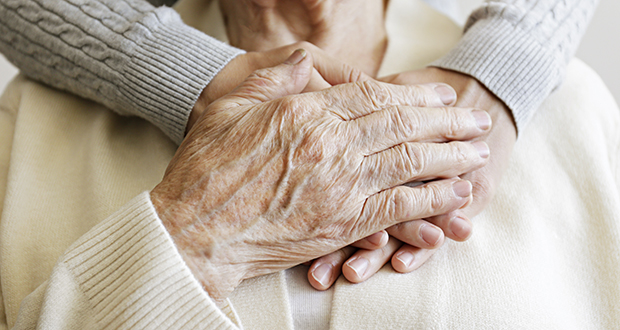Fitness
Dedicated care for older people in ED could save State €2.4 billion annually

Research finds reduced hospital stays and increased quality of life among patients after additional HSCP teams added to traditional ED care
Providing dedicated staff to care for older people in emergency departments (ED) can increase patients’ quality of life, and generate significant savings for the Exchequer, a new Irish study has shown.
The clinical trial found that investing in a professional team in addition to existing ED care would save the health service an average of €6,128 per patient treatment via this route.
Last year researchers from Trinity College Dublin and the University of Limerick conducted the OPTI-MEND trial, which looked at the impact of introducing a dedicated ED team of health and social care professionals (HSCPs) to focus on timely assessment and intervention among people aged 65 years and over.
The study of 353 older adults showed early assessment and intervention by the HSCP team reduced ED length of stay and the risk of hospital re-admissions, as well as improving patient satisfaction.
This latest research, published this week in the journal PLOS One, looked at the cost implications of such a move and found that investing in adding HSCP teams to existing ED care increases a patient’s quality of life and presents, according to researchers, a potential national saving of €2.4 billion annually.
These cost savings are largely driven by the timely discharge of older adults from the ED, allowing them to return home as soon as possible, when it is safe to do so. Primary clinical findings from the OPTI-MEND trial suggested that several older adults can be safely discharged from the ED following early assessment and intervention by a HSCP team.
“We expected there would be economic benefits but have been shocked how much money can be made available by simply deploying HSCP teams whilst significantly improving the health of older ED patients,” said Prof Rose Galvin of the University of Limerick.
Under the service trialled in the study, low acuity patients would also routinely see a senior occupational therapist, a senior physiotherapist and/or a senior medical social worker in addition to routine care in the ED.
“Clinical trials have historically aimed to generate evidence that aid clinician decision,” said Prof Dominic Trépel of Trinity College Dublin.
“However, the OPTI-MEND trial is an excellent example of the power of including an economic perspective and a testament to the Health Research Board’s drive to ensure studies they fund include patient and public perspectives and consider how our money is spent.”
Prof Galvin and Prof Trépel are now working together to investigate the value of home-based comprehensive geriatric assessments and their potential cost effectiveness.










